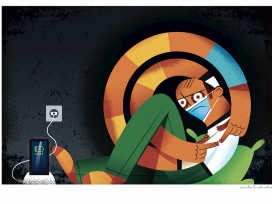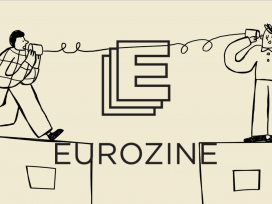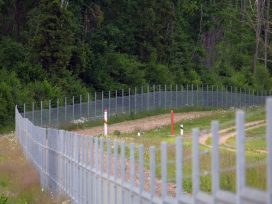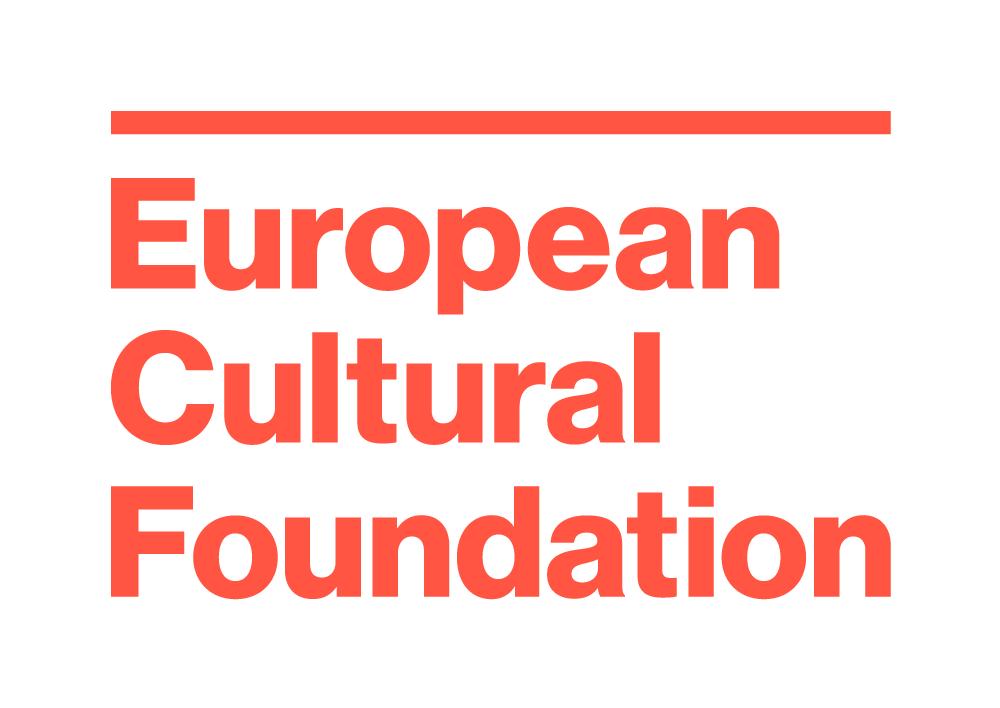With new variants mutating around the globe, COVID-19 is no longer a novelty. The pathogen is seemingly here to stay, inducing social, political and economic turmoil. This is not a crisis to emerge from quickly. It is a prelude to further emergencies linked to climate change and environmental destruction. How will societies deal with its tangible effects? And which issues might be perilously left by the wayside?
In this new focal point, supported by the European Cultural Foundation’s Culture of Solidarity programme, Eurozine and partners take stock of this public health crisis and its accompanying crises of values and meaning.

In collaboration with

Mutations of science in the pandemic
The structure of pseudoscientific revolutions
Scientific pundits fear that the spread of anti-science will destroy western civilization, while covid-sceptics panic about a lurking dictatorship in which freedoms are sacrificed to healthcare measures. Where is the truth? And how is the ongoing public health crisis changing our relationship with science?

The obvious answers nobody wants
Endemic: focal point editorial
New COVID-19 variants keep the international public anxious, and this crisis, permeating all social, economic and political spheres, isn’t even in full bloom yet. Although impossible to contain, it also highlights many potential solutions, which had been lying around for a long time without the political will to act upon them. In gearing up for the much bigger turmoil of an ecological nature, we need to stop concentrating on global centres of power, and give more credit to young motivated people.

A virus and its impact described in closed terms: when under pressure, socio-political narratives often become divisive; perceptions can become negatively transfixed. To understand what has gone wrong right now, we need look at how the problem is framed.

The migrant crisis at the Polish–Belarusian border is being used by Lukashenka to divert international attention from the repression of the democratic opposition. But it also suits PiS, which by staging the crisis as a battle for Polish sovereignty is shoring up support among its own electorate. Still, the rest of Europe cannot simply point the finger.

An epidemic of fatigue
COVID-19 and mental health
With infection rates on the rise, restrictions are newly coming into force. Experience suggests that lockdowns have a harsher impact on certain sectors of society: young adults, especially those who are already vulnerable, face some of the pandemic’s worst consequences. Yet their needs often go unmet. A Franco-Canadian study suggests a revised approach.

Conditional solidarity
Ambiguities of the European recovery strategy
After lengthy COVID-19 restrictions, economic recovery is at the top of many political agendas. The EU’s comeback strategy – a €750 billion grant and loan repayment scheme – heralds an anti-austerity, environmentally friendly vision. But how realistic is reform when employment legislation still tows a market-driven line? And what lasting ecological provisions can be made from such a rapid, goal-focused turnaround?

Scapegoated early on in the pandemic, Roma communities do not get the full support they need to participate in vaccination campaigns. Distrust of inaccessible health care systems, built to exclude minorities living outside the mainstream, is a major obstacle.
We created this beast
The political ecology of COVID-19
There is nothing ‘natural’ about the coronavirus pandemic: global capitalism has created it. Containment measures of social distancing bear the characteristics of a general strike. It can serve as an experiment taking back control over our own time, Bram Ieven and Jan Overwijk argue.








